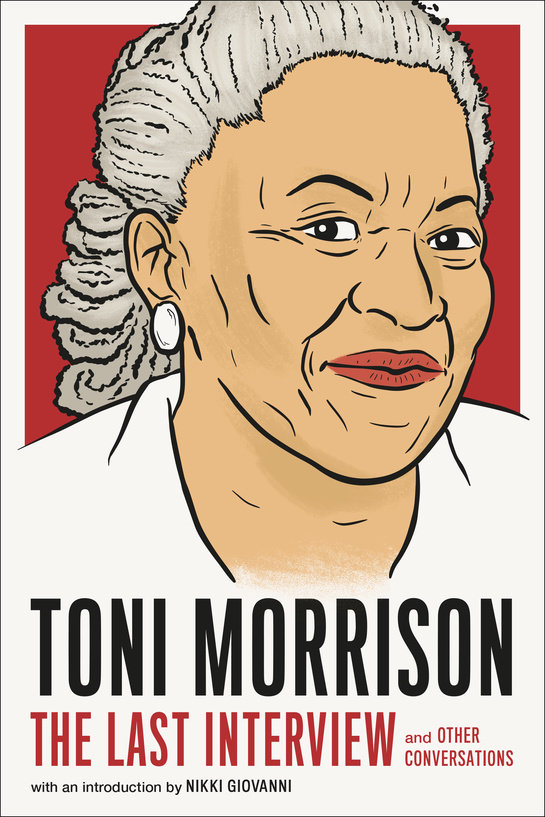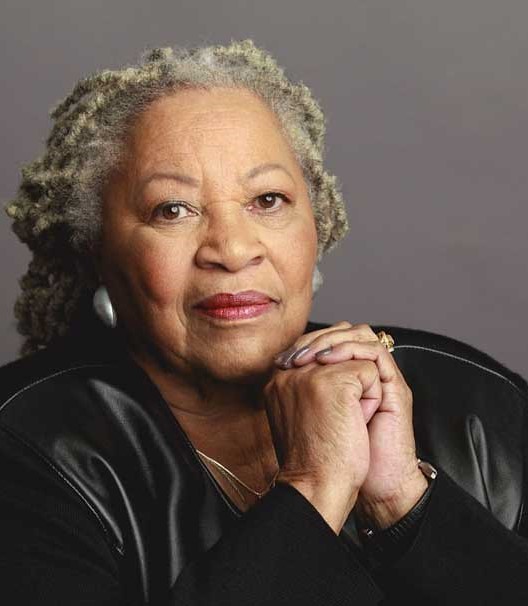Madhumita Murgia - 'Code Dependent: Living in the Shadow of AI'
So-called artificial intelligence as it affects real human beings.

Toni Morrison, one of the most well-known American post-war authors, reclines throughout this book. This is a collection that spans interviews from 1973 to 2018. Unfazed by most but poignant, sprightly, and funny, Morrison delivered most of her lines in a way that may seem lukewarm, but, intellectually speaking, is far beyond that. Remember, she was a person who was very close friends with Fran Lebowitz, which means something.
JAFFREY: Do you see a place for gay literature, Indian literature, black literature, black women’s literature—in a positive way?
MORRISON: Oh, absolutely. It’s changing everything. They may take longer; the marketing shapes how we understand these books. Some Native American writers enjoy being called Native American writers. I had a student who was Native American and I told him, “You’re going to have trouble getting this book accepted, because there are no moccasins, there are no tomahawks.” And he did. He had enormous trouble. I mean, submissions, I don’t even want to repeat the number, but he finally did have this book published, and you know, it’s a first novel—it got excellent reviews—but the point was that the rejections, I know, were based on the inability to think of Native Americans, in this particular case, as Americans.
At eighty-seven years old:
ELKANN: Why do you write?
MORRISON: I’m very good at it. That’s one of the reasons. I know how. I always knew how. The problem was that other people didn’t think so.
Morrison was clearly a very sharp speaker, keeping fun in one hand behind her back, ready to spring that shit on her audience.
ELKANN: Do you still write?
MORRISON: “Oh yes,” she said. [Laughs]
ELKANN: Did the Nobel Prize change your life?
MORRISON: No. They gave me some money, which I spent. It made a lot of people mad. They wrote very—not insulting, but close to insulting, articles that were really hurtful. What’d they give it to her for? [Laughs]
Morrison speaks with experience and pathos (for white people) on the topic of race. She speaks of both teaching youths and editing masterful writers in the same breath; she kept all people on the same level. A very human writer.
Even though these interviews aren’t as long as, for example, the one Morrison produced in The Paris Review in 1993, they’re still insightful and provide a quick glance into her brilliant mind.
